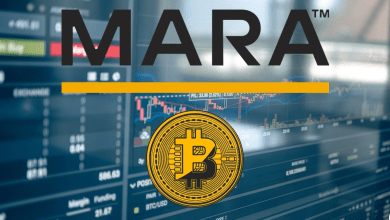Praetorian CEO Pleads Guilty in $200M Bitcoin Ponzi Scheme

Ramil Ventura Palafox, CEO of Praetorian Group International, has pleaded guilty in Virginia to running a $200 million Bitcoin Ponzi scheme that defrauded more than 90,000 investors worldwide. The crimes occurred between December 2019 and October 2021, and sentencing is set for February 3, 2026.
According to the Department of Justice, Palafox lured investors by claiming PGI was a Bitcoin trading firm promising daily returns of 0.5% to 3%. Investigators found the company did not engage in real trading, instead using money from new investors to pay earlier ones.
The court records showed that participants invested more than $201 million, which includes$30 million in cash and over 8,000 Bitcoin valued at $171 million. The losses amounted to at least $62.6 million.
Prosecutors said Palafox set up a website that displayed fake profits to reassure investors that their accounts were safe. In truth, the money was being misused. Palafox admitted to spending millions on personal luxuries, including 20 high-end cars from brands like Ferrari, Porsche, and Lamborghini.
After that, he bought four houses in Las Vegas and Los Angeles worth more than $6 million, paid $329,000 for luxury hotel stays, and spent $3 million on designer clothing, jewelry, and watches. He also transferred $800,000 in cash and 100 Bitcoin, then valued at $3.3 million, to a family member.
“As a result of Palafox’s actions, investors suffered losses totaling at least $62,692,007,” the Department of Justice said in its announcement. U.S. Attorney Erik S. Siebert, FBI Special Agent Reid Davis, and IRS Special Agent Kareem A. Carter confirmed the plea after Judge Leonie M. Brinkema accepted it. Assistant U.S. Attorneys Jack Morgan, Zoe Bedell, and Annie Zanobini are handling the case.
Under the plea deal, Palafox will pay restitution of $62.69 million. He faces up to 40 years in prison, though actual sentences are usually less than the maximum. Federal prosecutors said the case is part of a broader fight against financial frauds tied to cryptocurrency.
Also Read: Robert Kiyosaki: Kids Are Taught to Work for Fake Money




